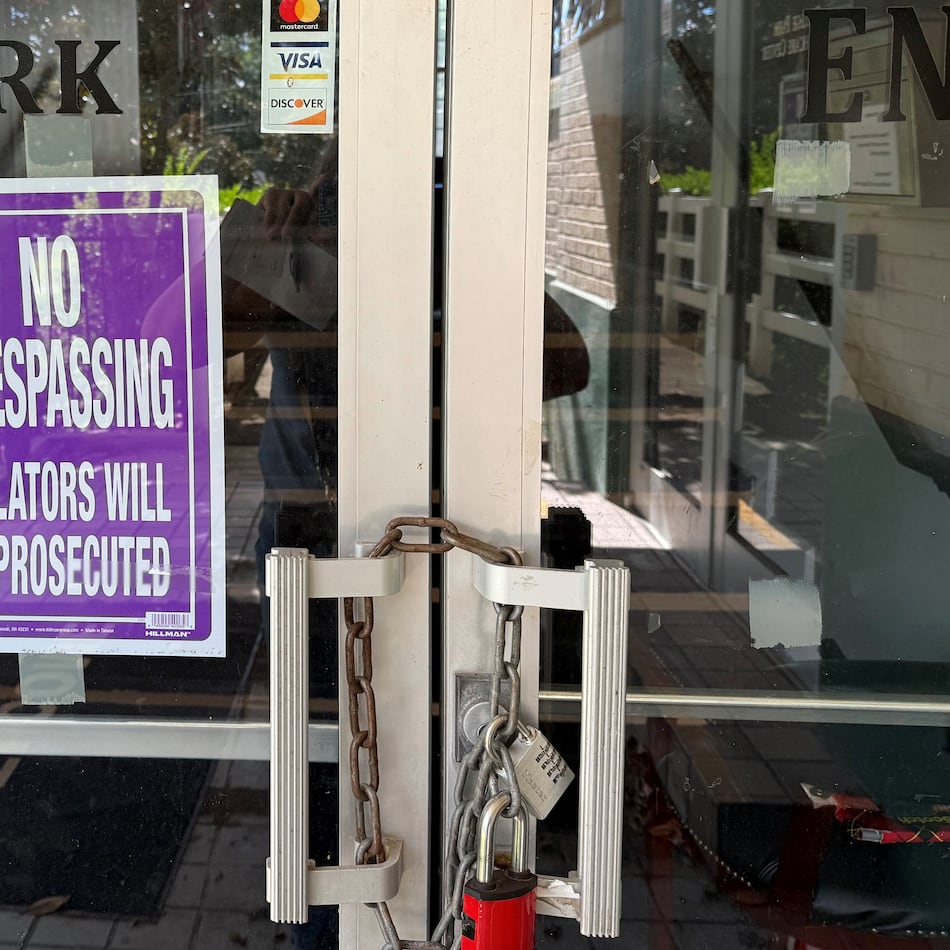BRUSSELS (AP) — The European Union’s top court ruled on Friday that the decisions of world soccer’s governing body FIFA can be challenged outside Switzerland, opening up a system that currently binds athletes, officials and clubs to accept verdicts there.
A statement from the European Court of Justice said that tribunals in the 27 EU member states “must be able to carry out an in-depth review of those awards for consistency with the fundamental rules of EU law.”
The ECJ ruling in Luxembourg means that EU national courts should be able to review verdicts from the Swiss-based Court of Arbitration for Sport (CAS), involving other sports authorities as well. Switzerland is not a member of the European Union.
“The awards made by the CAS must be amenable to effective judicial review," the statement said. It said that “national courts or tribunals must be empowered to carry out ... an in-depth judicial review” to ensure that CAS rulings "are consistent with EU public policy.”
There was no immediate comment from FIFA or CAS.
The decision could end a decade-long legal fight by Belgian soccer club RFC Seraing and Maltese investment fund Doyen Sports.
They opposed FIFA rules prohibiting third-party ownership of a player’s registration and transfer rights, and in 2015 asked a commercial court in Brussels to review if those rules breached EU law. The ECJ did not specifically rule on third-party ownership as such, only the scope of CAS decisions.
“From a quick reading of the decision, it’s clear that this is a complete victory for our clients and for the rule of law in the EU,” Seraing’s lawyer, Jean-Louis Dupont, told The Associated Press.
The Court of Arbitration for Sport was created in 1984 to give sports a unified and binding legal forum for settling disputes and appeals based in the International Olympic Committee’s home city of Lausanne, Switzerland. It is the mandatory path for athletes to challenge disciplinary and appeal judgments by Olympic sports federations. It rules on cases across dozens of sports and is a key authority in doping cases.
Soccer is by far the biggest client in the CAS caseload of about 950 registered each year. FIFA’s contribution of 2.5 million Swiss francs ($2.75 million) to CAS in 2023 was more than 10% of the court’s revenue that year.
CAS verdicts can be challenged at Switzerland’s supreme court in Lausanne on limited procedural grounds and are rarely overturned. Seraing and Doyen lost at the Swiss Federal Tribunal in 2018.
The ECJ said any CAS decision that binds other courts or tribunals from acting “are contrary to EU law.”
The ruling marks a new legal blow to the authority of sports bodies in Switzerland.
The same European court in Luxembourg has handed down two other major rulings in the last two years under EU competition law — in the Super League case and Lassana Diarra transfer dispute — that challenged the authority of soccer bodies FIFA and UEFA.
___
Petrequin reported from Paris.
___
AP soccer: https://apnews.com/hub/soccer
The Latest
Featured


